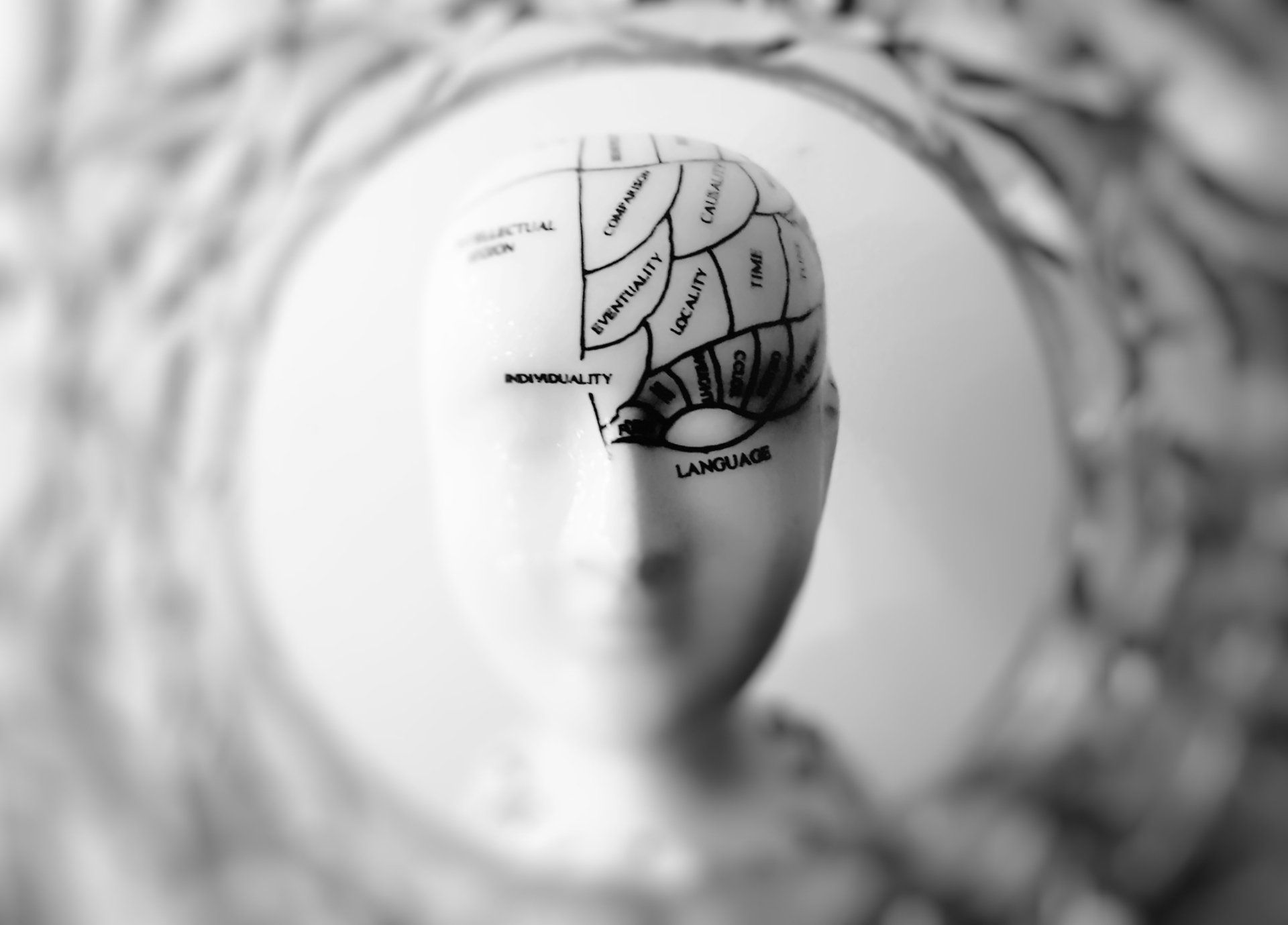We offer our services to help you overcome your fears, anxiety, stress, or phobias affecting your quality of life.
"Meditation practice isn't about trying to throw ourselves away
and become something better.
It's about befriending who we are already.
- Pema Chodron -"
Hypnosis and Regression
Here are some of the ways in which hypnosis and meditation can help with stress and anxiety:
• Reduce stress hormones: Hypnosis/regression can help to reduce levels of stress hormones, such as cortisol and adrenaline. These hormones can contribute to feelings of stress and anxiety.
• Improve sleep: Hypnosis/regression can help to improve sleep quality. When you are well-rested, you are better able to cope with stress.
• Increase relaxation: Hypnosis/regression can help to increase relaxation and reduce muscle tension. This can help to improve your overall sense of well-being.
• Change negative thoughts: Hypnosis/regression can help you to change negative thoughts and beliefs. This can help you to develop a more positive outlook and to cope better with stress.
• Develop coping mechanisms: Hypnosis/regression can help you to develop coping mechanisms for dealing with stress. This can help you to feel more in control and less overwhelmed.
Meditation- Remembering Presence/Mindfulness and many others.
Meditation has been shown to provide several health benefits, both for the mind and body. Some key benefits of meditation include:
1. Stress Reduction:
Meditation helps to lower stress levels by activating the relaxation response, reducing the production of stress hormones like cortisol.
2. Improved Mental Well-being: Regular meditation practice can enhance mental well-being by reducing symptoms of anxiety and depression, improving mood, and increasing feelings of calmness and clarity.
3. Increased Focus and Concentration:
Meditation strengthens attention and concentration skills, allowing individuals to better focus on tasks and improve productivity.
4. Enhanced Emotional Resilience:
Meditation cultivates emotional resilience by helping individuals observe and manage their emotions effectively, leading to greater emotional stability and balance.
5. Better Sleep:
Practicing meditation before bedtime can promote relaxation and help individuals fall asleep faster, improving the quality of sleep.
6. Lower Blood Pressure:
Meditation has been found to reduce blood pressure and help manage hypertension, thereby improving cardiovascular health.
7. Pain Management:
Research suggests that meditation can help reduce the perception of pain and improve individuals' ability to cope with chronic pain conditions.
8. Boosted Immune System: Regular meditation practice has been associated with enhanced immune system function and increased production of antibodies, leading to improved overall health.
9. Increased Self-Awareness: Through meditation, individuals develop a deeper understanding of their thoughts, emotions, and behaviors, promoting self-reflection and personal growth.
10. Improved Relationships:
Meditation fosters qualities like empathy, compassion, and loving-kindness, which can enhance relationships and promote better communication with others.
Self-Empowerment - Your path to Well Being
Self-empowerment
can play a crucial role in the healing process by empowering individuals to take control of their own well-being and actively participate in their healing journey. Here are some ways self-empowerment can aid in healing:
1. Mindset Shift:
Self-empowerment involves adopting a positive and proactive mindset, which can help individuals overcome obstacles, maintain hope, and believe in their ability to heal.
2. Taking Ownership:
Self-empowerment encourages individuals to take ownership of their health and make informed decisions about their treatment options. This can lead to a sense of empowerment and control over their healing process.
3. Setting Goals: Setting specific, achievable goals is an important aspect of self-empowerment. By setting goals related to their healing journey, individuals can stay focused, motivated, and measure their progress.
4. Building Resilience:
Self-empowerment helps individuals develop resilience, enabling them to bounce back from setbacks, cope with challenges, and persevere through difficult times in their healing process.
5. Advocating for Yourself:
Self-empowerment involves advocating for one's needs and rights. By actively communicating with healthcare providers, asking questions, and seeking second opinions, individuals can ensure they receive the best possible care.
6. Self-Care Practices:
Self-empowerment encourages individuals to prioritize self-care practices that support their healing, such as proper nutrition, regular exercise, sufficient sleep, and stress reduction techniques like meditation or mindfulness.
7. Emotional Healing: Self-empowerment involves addressing and processing emotional wounds. This can be achieved through therapy, support groups, journaling, or engaging in activities that promote emotional well-being.
8. Seeking Knowledge:
Self-empowerment involves seeking knowledge and understanding about one's condition or situation. By educating themselves, individuals can make informed decisions and actively participate in their healing process.
9. Building a Support Network:
Self-empowerment involves surrounding oneself with supportive and like-minded individuals who can provide encouragement, guidance, and understanding throughout the healing journey.
10. Celebrating Progress:
Self-empowerment encourages individuals to celebrate their progress, no matter how small. Recognizing achievements and milestones along the healing journey can boost motivation and enhance overall well-being.
It's important to note that while self-empowerment can be beneficial, healing is a complex process, and it is often helpful to seek professional support from healthcare providers or therapists to guide and assist in the healing journey.
We work differently

Our goal is to help you own your healing process.




